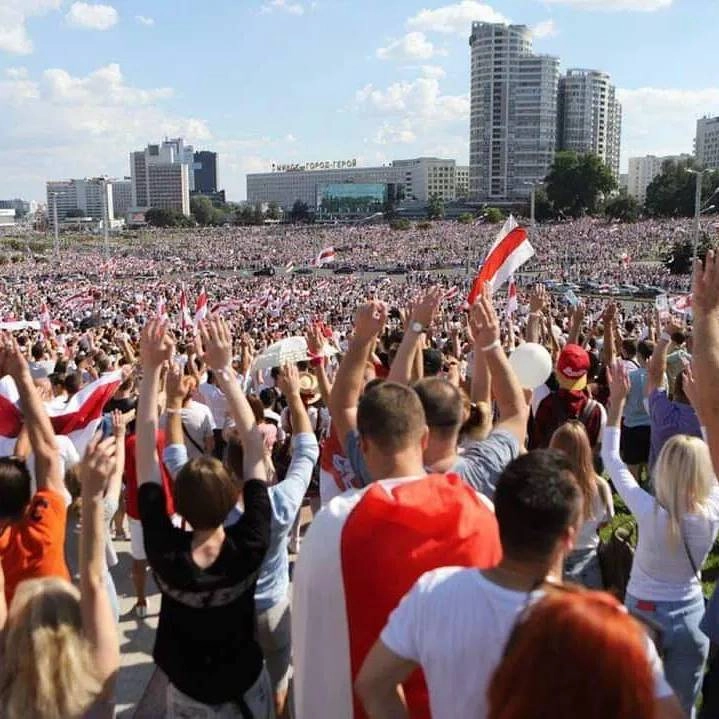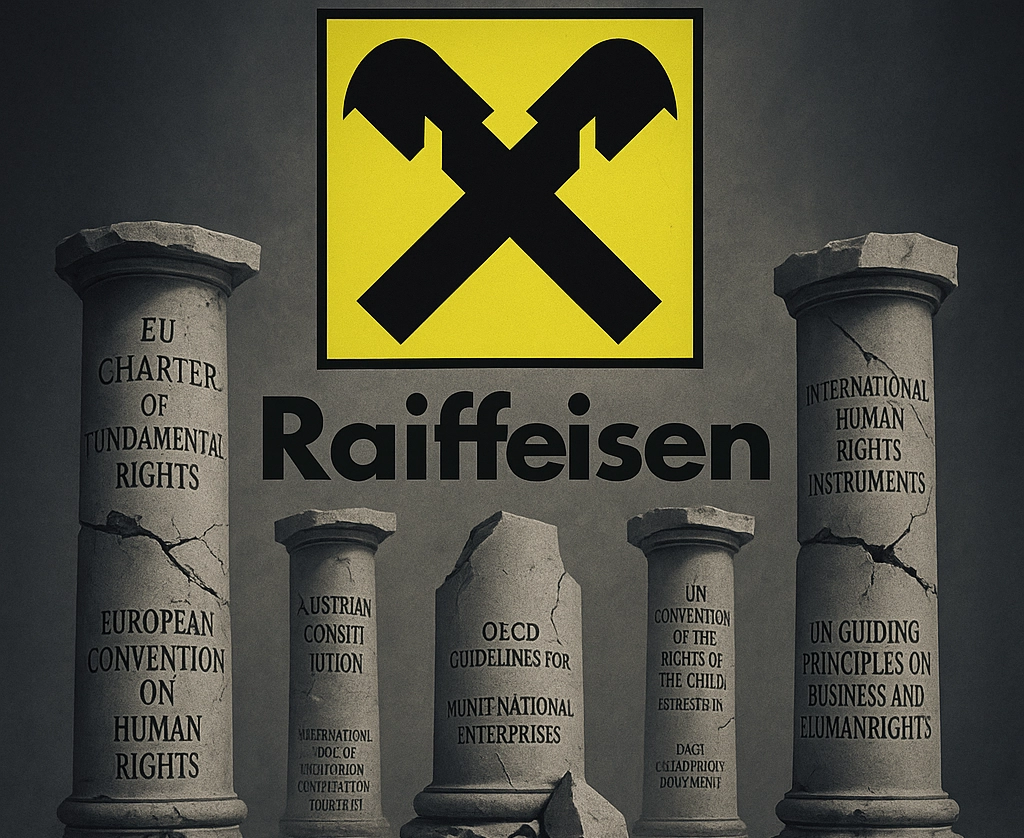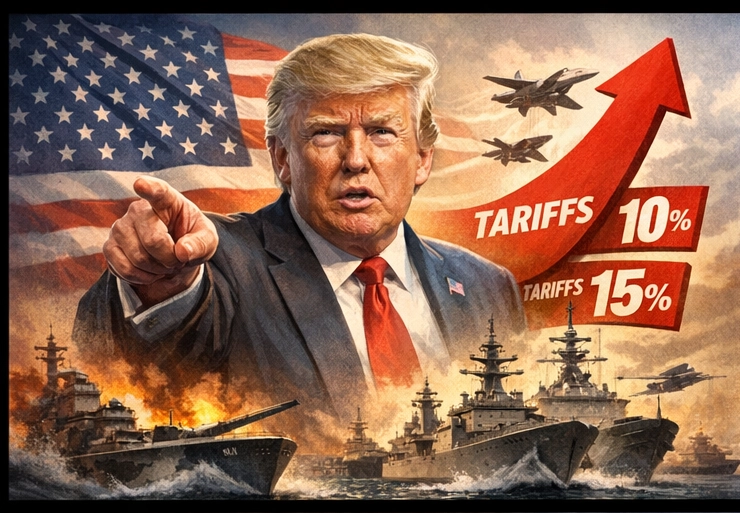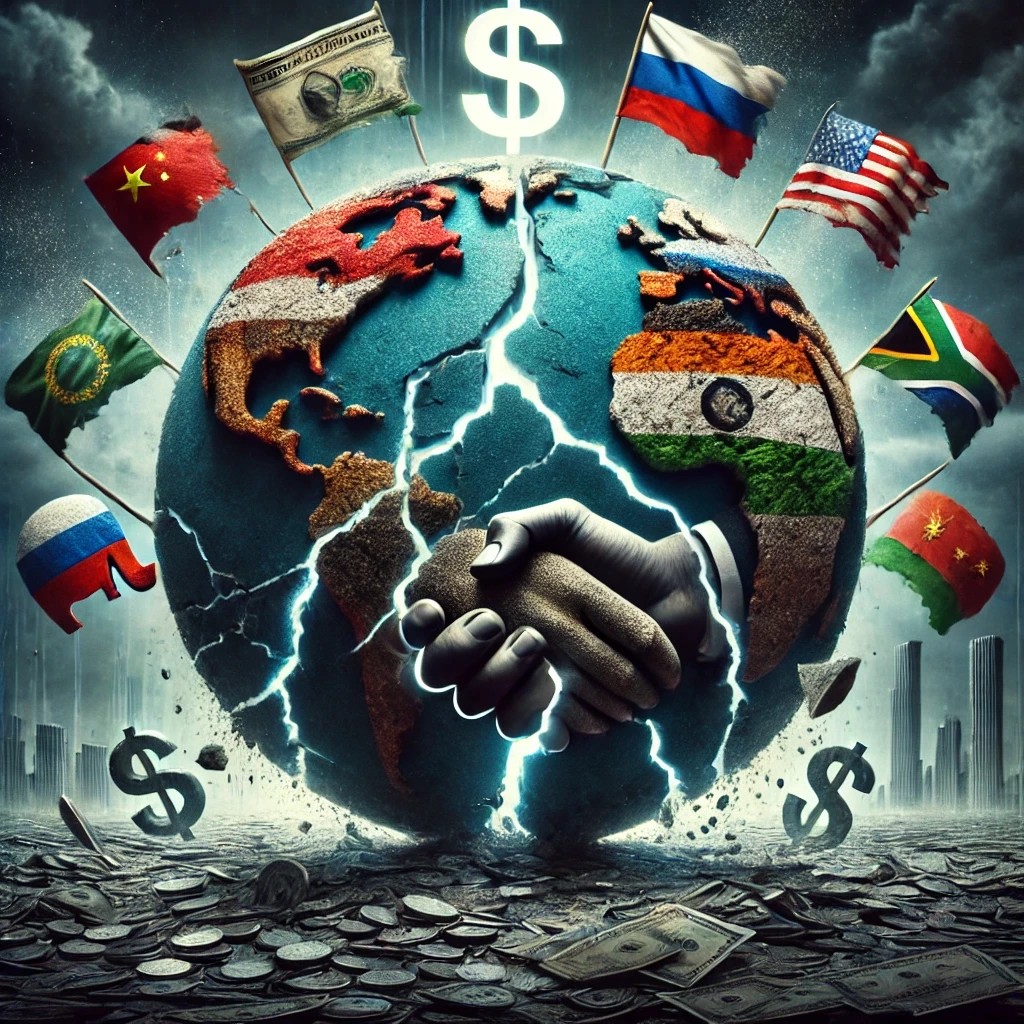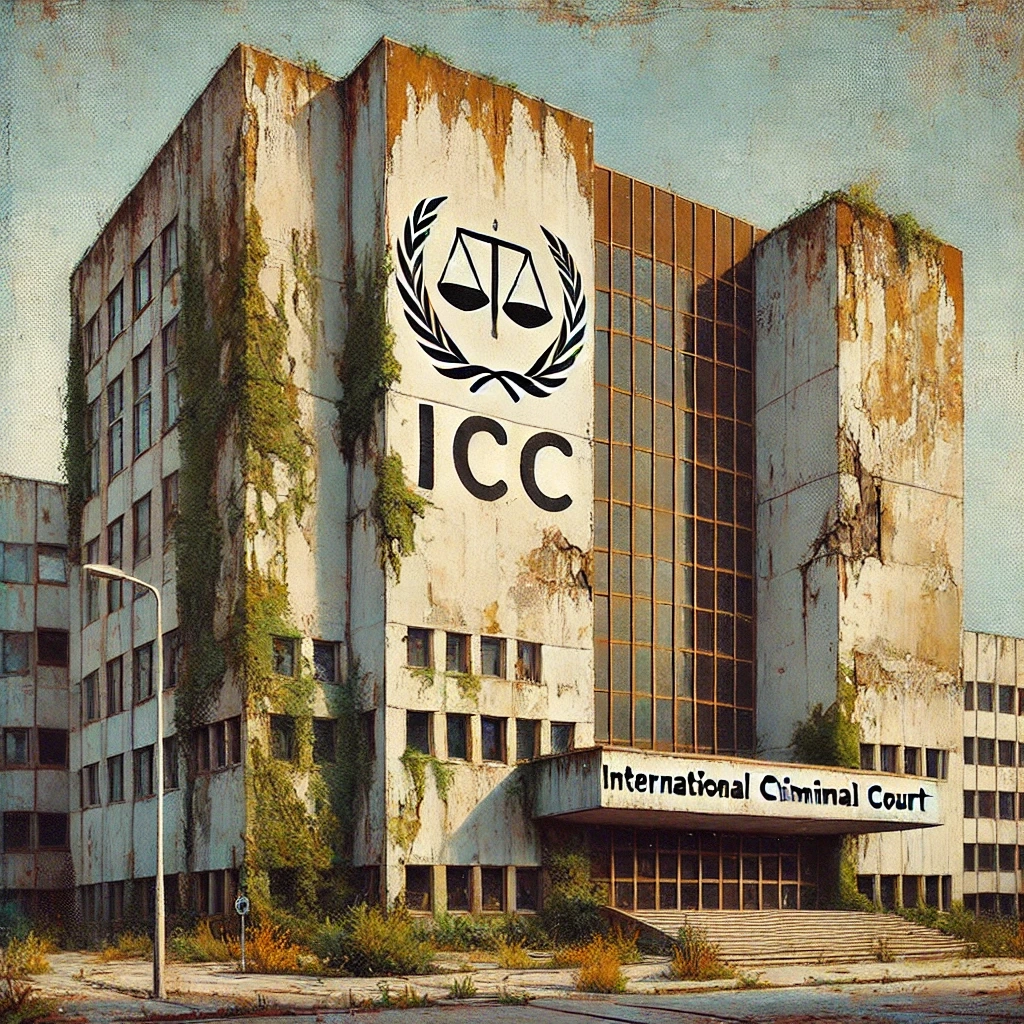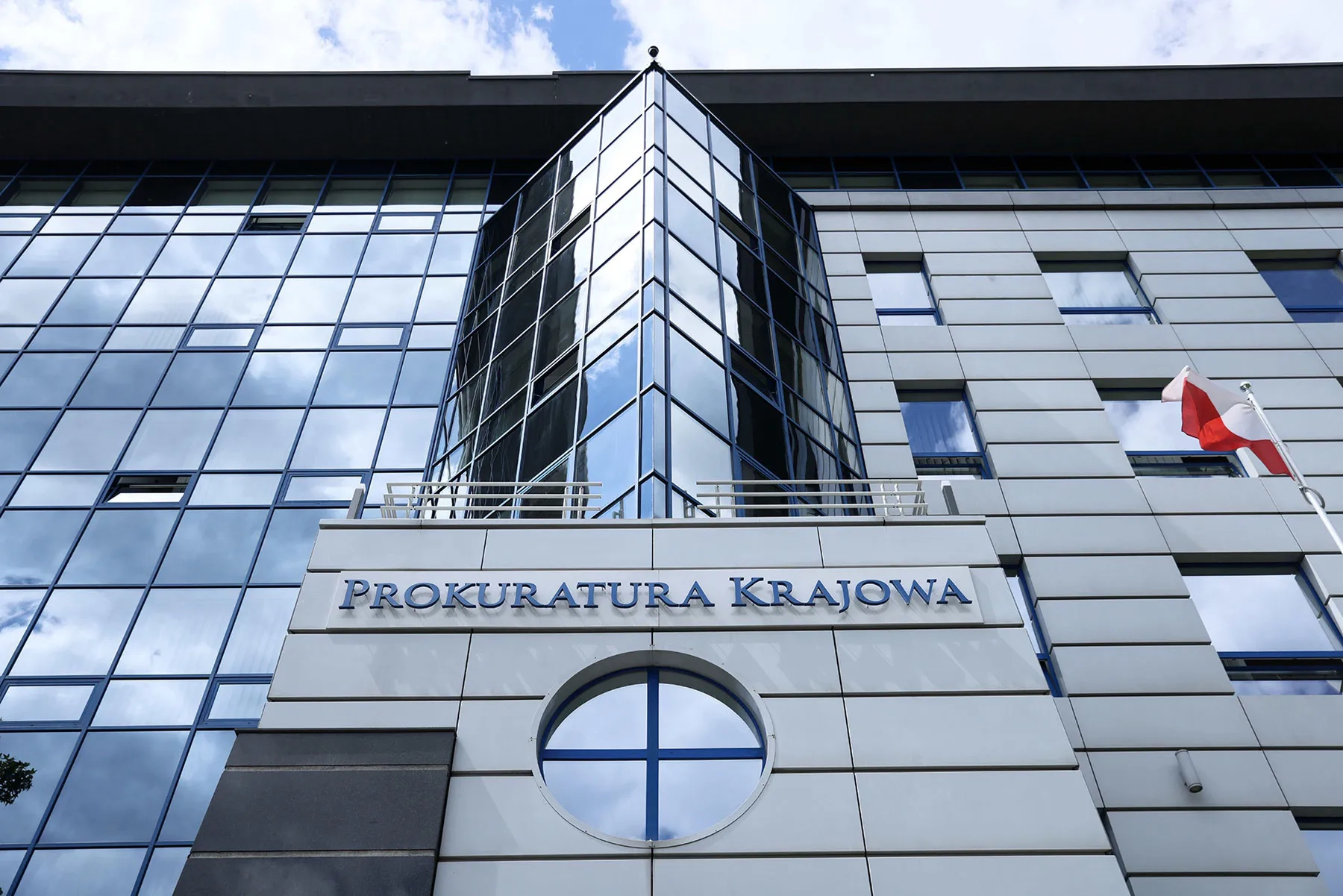The release of Siarhei Tsikhanouski and thirteen other political prisoners is a significant achievement for Donald Trump and American diplomacy.
Today, many are asking: why now? Why did Lukashenko take this step at this moment, and why did he choose to release Tsikhanouski over other prominent figures involved in the 2020 uprising?
I don’t believe in conspiracy theories. Nor do I accept the notion that Lukashenko freed Siarhei to bolster the so-called "Tsikhanouskaya Office"—a structure that, for five years, merely performed the role of resistance while descending into corruption, deceit, and the embezzlement of funds meant to support political prisoners. In doing so, it discredited the very idea of democratic change in the eyes of many Belarusians.
I also reject the statement from Lukashenko’s press secretary that the release was motivated by "humanitarian concerns" over reuniting the family. As if imprisoning a man for five years was part of some benevolent plan to bring a family closer together.
Lukashenko does not fear public contempt. He has no regard for morality and does not count the lives he's ruined. Hundreds of women remain in his prisons—mothers, or those denied the chance to become mothers, merely because they dared to dream of a free country.
Appeals to conscience, humanity, generosity, or children's rights mean nothing to him. He fears only one thing: precision missiles and drones. He fears being cut off from the West—just as Iran was when it rejected dialogue and received pinpoint strikes on strategic targets and decision-makers. That regime, too, was forced to realize that not everything that comes from above is divine.
In his world, Lukashenko values only two things: personal safety and power. Everything else is talk for the poor. Losing his last line of communication with the West would mean locking himself permanently in a bunker, forfeiting the opportunity to pose in a potato field or stage orchestrated outbursts in cow barns.
It was fear for his own life that drove him to concede to the U.S. presidential envoy. Like all dictators, Lukashenko understands only the language of force. He may boast endlessly about his army or special forces who can eat live frogs or rip snakes apart with their bare hands. But these circus acts are aimed at an intellectually stunted audience—"Yabatkastan"—a force useful only against unarmed women and elderly citizens.
Modern warfare isn’t about breaking bricks with your head. It’s about drones, technology, and precision strikes that can penetrate any bunker from thousands of kilometers away. Israel recently proved this in its response to Iran—a much smaller nation in size and population, yet technologically superior, delivering strikes so accurate they could destabilize the entire regime.
But Belarus is neither Iran, with its theocratic ideology, nor Yemen. In Minsk, there is only emptiness. No vision. No belief. Only fear, base instinct, and the greed of a ruler detached from his people and concerned only with his own survival.
On the eve of Belarus’s Independence Day, July 3, we hope that more prisoners of conscience will be released. President Trump could make it happen with a mere snap of his fingers.
And yet, one fundamental question remains: why, in five long years, have none of the so-called "offices," "cabinets," or pseudo-structures—despite receiving hundreds of millions of euros from Western donors and holding thousands of high-level meetings, including with President Biden—managed to secure the release of even a single political prisoner?
Why, in response to all our initiatives aimed at freeing the regime’s hostages—and there were many—did we hear the same tired excuses: "This could harm our reputation," "The time hasn’t come yet," "We cannot agree to that"... As though human lives were not a tragedy demanding urgent action, but a convenient resource for profit and the maintenance of false relevance.
Now, these actors are rushing to claim credit for the achievement. But does anyone seriously believe that their so-called "struggle"—which boiled down to calls for people to send postcards to prisons (postcards that never even reached the intended recipients)—produced any meaningful result besides the personal enrichment of the "fighters" themselves?
Does anyone truly believe these postcards moved prison guards to tears, inspiring them to draft a heartfelt plea to Lukashenko for the prisoners' release?
Or perhaps the liberation came as a result of yet another conference in Vilnius, complete with champagne, caviar, and discussions of "inclusive narratives" between hors d'oeuvres and selfies?
It wasn’t the postcards. It wasn’t the photo ops. It wasn’t the carefully staged social media presence. It was the direct political pressure from the Trump administration that made the difference. Perhaps there was a discreet warning of consequences. Or perhaps Lukashenko's survival instinct kicked in—an understanding of what happens when the last channel of dialogue with the tech-savvy West is severed. A West that has recently shown what becomes of those who provoke conflict, be it with nuclear threats or orchestrated migrant crises, and then slam the door on diplomacy.
How Siarhei Tsikhanouski will respond in this new reality remains to be seen. Will he remain an uncompromising defender of principle, working to clean out the Augean stables of corruption and theft that now surround his wife? Or will he fall to the siren song of well-practiced grant recipients, those who have mastered the art of monetizing others' suffering, and decide it's more comfortable to silence his conscience, accept the role of a token figure, and collect handouts—as long as he behaves?
But that is tomorrow. Today, we genuinely rejoice for Siarhei and all those who have regained their freedom. May their physical and emotional healing be swift and complete.
Because what lies ahead is a trial no less severe than prison: the test of conscience. Offers will come—not to sign a pardon, but to take the money and be quiet, to ignore the rot he once opposed.
He will be tested. Not crudely or violently, as he was in the regime’s dungeons, but softly, elegantly, and insidiously. Through friendly meetings, subtle opportunities, polite offers. They will test his memory, his conviction, his integrity. And they will remind him, perhaps gently, of a phrase once uttered by his wife during the 2020 campaign: "If Siarhei and I had 900,000 euros, we wouldn’t have fought for any so-called rights of the Belarusian people."
And then, it will all come down to him. Only him.
